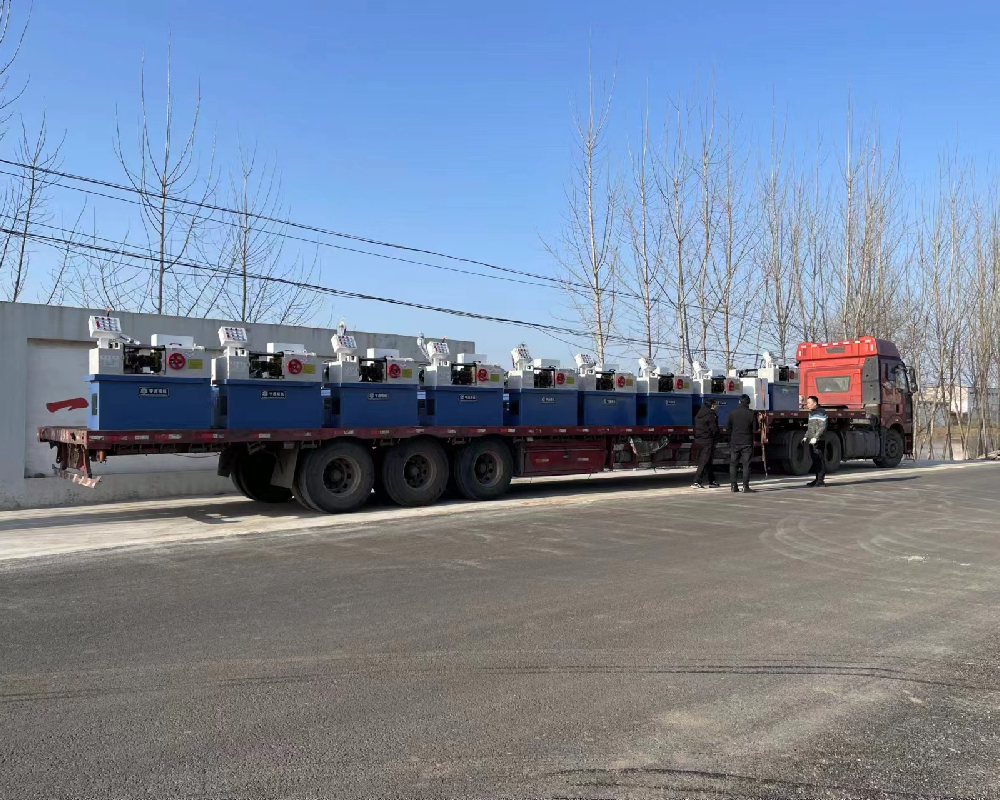
-
 Afrikaans
Afrikaans -
 Albanian
Albanian -
 Amharic
Amharic -
 Arabic
Arabic -
 Armenian
Armenian -
 Azerbaijani
Azerbaijani -
 Basque
Basque -
 Belarusian
Belarusian -
 Bengali
Bengali -
 Bosnian
Bosnian -
 Bulgarian
Bulgarian -
 Catalan
Catalan -
 Cebuano
Cebuano -
 Corsican
Corsican -
 Croatian
Croatian -
 Czech
Czech -
 Danish
Danish -
 Dutch
Dutch -
 English
English -
 Esperanto
Esperanto -
 Estonian
Estonian -
 Finnish
Finnish -
 French
French -
 Frisian
Frisian -
 Galician
Galician -
 Georgian
Georgian -
 German
German -
 Greek
Greek -
 Gujarati
Gujarati -
 Haitian Creole
Haitian Creole -
 hausa
hausa -
 hawaiian
hawaiian -
 Hebrew
Hebrew -
 Hindi
Hindi -
 Miao
Miao -
 Hungarian
Hungarian -
 Icelandic
Icelandic -
 igbo
igbo -
 Indonesian
Indonesian -
 irish
irish -
 Italian
Italian -
 Japanese
Japanese -
 Javanese
Javanese -
 Kannada
Kannada -
 kazakh
kazakh -
 Khmer
Khmer -
 Rwandese
Rwandese -
 Korean
Korean -
 Kurdish
Kurdish -
 Kyrgyz
Kyrgyz -
 Lao
Lao -
 Latin
Latin -
 Latvian
Latvian -
 Lithuanian
Lithuanian -
 Luxembourgish
Luxembourgish -
 Macedonian
Macedonian -
 Malgashi
Malgashi -
 Malay
Malay -
 Malayalam
Malayalam -
 Maltese
Maltese -
 Maori
Maori -
 Marathi
Marathi -
 Mongolian
Mongolian -
 Myanmar
Myanmar -
 Nepali
Nepali -
 Norwegian
Norwegian -
 Norwegian
Norwegian -
 Occitan
Occitan -
 Pashto
Pashto -
 Persian
Persian -
 Polish
Polish -
 Portuguese
Portuguese -
 Punjabi
Punjabi -
 Romanian
Romanian -
 Russian
Russian -
 Samoan
Samoan -
 Scottish Gaelic
Scottish Gaelic -
 Serbian
Serbian -
 Sesotho
Sesotho -
 Shona
Shona -
 Sindhi
Sindhi -
 Sinhala
Sinhala -
 Slovak
Slovak -
 Slovenian
Slovenian -
 Somali
Somali -
 Spanish
Spanish -
 Sundanese
Sundanese -
 Swahili
Swahili -
 Swedish
Swedish -
 Tagalog
Tagalog -
 Tajik
Tajik -
 Tamil
Tamil -
 Tatar
Tatar -
 Telugu
Telugu -
 Thai
Thai -
 Turkish
Turkish -
 Turkmen
Turkmen -
 Ukrainian
Ukrainian -
 Urdu
Urdu -
 Uighur
Uighur -
 Uzbek
Uzbek -
 Vietnamese
Vietnamese -
 Welsh
Welsh -
 Bantu
Bantu -
 Yiddish
Yiddish -
 Yoruba
Yoruba -
 Zulu
Zulu
Manufacturer of Thread Rolling Machines with HSN Code Details and Applications
Understanding Thread Rolling Machines and Their HSN Codes
Thread rolling machines play a vital role in the manufacturing and machining industry, particularly when it comes to producing high-precision threaded components. These machines are designed to form threads on metal parts through a process known as rolling, which is often more efficient than traditional cutting methods. As businesses increasingly operate in a global market, understanding the Harmonized System Nomenclature (HSN) codes associated with thread rolling machines becomes essential for manufacturers, importers, and exporters alike.
What is a Thread Rolling Machine?
A thread rolling machine is a type of equipment used to create external threads on cylindrical parts by deforming the material. This process involves pressing a hardened die against the surface of the metal, which displaces the material to form the desired thread shape. Thread rolling machines can produce threads at a much faster rate than conventional machining processes, making them indispensable for high-volume production scenarios.
These machines are used to manufacture a wide variety of threaded components, including screws, bolts, and nuts. Additionally, they are applicable in various industries such as automotive, aerospace, construction, and consumer goods. The precision and durability achieved through thread rolling are often superior to that produced by cutting methods, resulting in stronger and more reliable fasteners.
The Importance of HSN Codes
HSN codes are an essential part of international trade. They serve as a standardized numerical method of classifying traded products. The HSN system, developed by the World Customs Organization, allows for a uniform classification of goods to facilitate global trade. Each product is assigned a unique code that helps in the identification of tariffs, customs duties, and trade statistics.
For manufacturers and businesses dealing with thread rolling machines, knowing the specific HSN code is crucial. This code determines the applicable taxation and regulations when importing or exporting machinery. It can also streamline the customs clearance process, reducing potential delays and complications.
HSN Codes for Thread Rolling Machines
In general, thread rolling machines fall under the broader category of 'Machinery for working metal' in the HSN classification. Specifically, they can be classified under HSN code 8457, which covers 'Machinery for working metal.' However, the exact code may vary based on the machine's design, specifications, and intended use. Therefore, it is important for manufacturers to consult local customs authorities or trade experts to ensure they are using the correct HSN code.
thread rolling machine hsn code manufacturer

Factors to Consider When Choosing a Thread Rolling Machine
When selecting a thread rolling machine, several factors should be taken into account
1. Type of Thread Different machines are designed to produce various types of threads. Producers should identify the specific requirements based on their product lineup.
2. Material Compatibility It is important to choose a machine compatible with the materials being processed—such as steel, aluminum, or other alloys.
3. Production Volume The scale of production can dictate the type of machine needed. High-volume operations may require more advanced, automated machines, while smaller operations may suffice with more manual options.
4. Cost-Efficiency Evaluating the cost of the machine versus its operational efficiency is critical. Investing in a high-quality machine can lead to overall cost savings in terms of maintenance, workflow, and product quality.
5. Supplier Reputation Selecting a reputable manufacturer or supplier can ensure the reliability and performance of the equipment. It is advisable to conduct thorough research and seek customer reviews.
Conclusion
Thread rolling machines are indispensable tools in modern manufacturing, providing efficiency and high-quality production for threaded components. As these machines are integral to various industries, understanding their relevant HSN codes is crucial for effective trade operations. By being aware of the classification and regulations surrounding thread rolling machines, manufacturers can navigate the complexities of global trade more effectively and remain competitive in the market.
